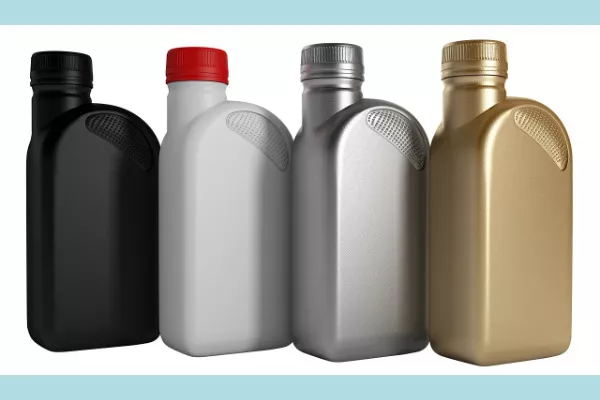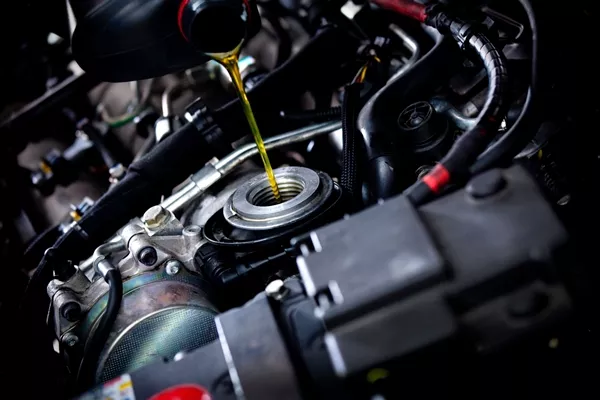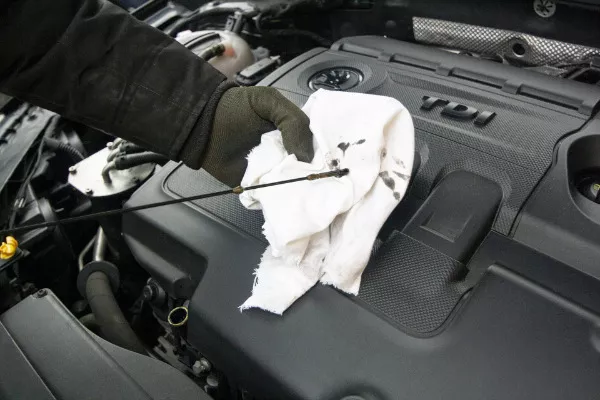If fuel is the food that feeds your car’s engine, oil is the lifeblood. The oil keeps the engine’s moving parts lubricated to maximize the fuel that combusts inside the cylinders. Insufficient (or bad) engine oil leaves these moving parts vulnerable to heat and friction, which could lead to costly and permanent engine damage.

Oil plays a very important role in how your car's engine works
The critical role that oil plays inside the engine is not lost on both motorists and mechanics, so much so that owners are usually torn between using mineral and going for synthetic, especially when it’s time for the car’s periodic maintenance service. Which kind of oil should go inside the car’s engine anyway?
The critical role that oil plays inside the engine is not lost on both motorists and mechanics, so much so that owners are usually torn between using mineral and going for synthetic, especially when it’s time for the car’s periodic maintenance service. Which kind of oil should go inside the car’s engine anyway?

We all want to pamper our engines with the right kind of oil
Let’s get the differences out of the way first. Mineral oil is the most basic variety, being directly derived from crude petroleum that’s piped in from the ground to the refineries.
In the process of being purified for consumer use, the oil’s natural contaminants are filtered out, with the resulting product able to withstand a wide range of temperatures.
>>> Related: How about having your car's engine run on vegetable oil or biodiesel?

Mineral oil is crude petroleum that's sourced from the ground and refined
Fully-synthetic oil is mineral oils that have undergone a more extensive refining process. Instead of just having the impurities filtered, the oil is broken down into its basic molecules, allowing for more efficient removal of contaminants. More chemical additives are blended with the oil to make it more resistant to temperature extremes and aging.

Synthetic oil is more extensively refined, which explains the higher cost
There’s also semi-synthetic or synthetic-blended oil. These are mineral oils with a small amount of synthetic oil blended in, which serves to enhance the base oil without increasing the cost too much. Adding synthetic oil improves the thickness, or viscosity, as well as wear resistance whether at higher or lower temperatures.
Mineral oil is the most affordable, and it also has the shortest service life, requiring changing every 5,000 km. It’s also ideal for older cars since the inherent viscosity of mineral oil makes it less prone to leaking than more modern lubricants.
Semi-synthetic oil is the next step in terms of price and performance, with a typical change interval of 7,000 km. Fully-synthetic oil is the priciest, yet only needs to be changed every 10,000 km apart from being most suited to high-performance engines because of its decreased viscosity.
>>> Related: 12 myths and facts about engine oil that you should know

All oils are prone to contamination from impurities over time
Which type of oil should you go for? The easy answer is to consult your car’s user manual. But the real-world answer is, it depends. All oils are prone to accumulating contaminants such as unburned fuel, partially-burned hydrocarbons, metal shearings, and atmospheric dirt during their tour of duty inside the engine. Under certain conditions, the rate might even be the same between mineral and synthetic lubricants.
If your car is only brought out occasionally for leisurely drives (or there isn’t much traffic where you are), mineral oil should suffice. It’s easier on your budget, and you won’t be able to maximize the performance enhancements that synthetic oil brings anyway.
But if your engine is constantly under stress i.e. used for hauling, transporting, racing, and even extended idling in traffic, it might be better to use synthetic oil, since the added protection will come in handy.
We keep the car tips flowing at Philkotse.com.
Recent posts
- What drivers need to know when not changing engine oil Aug 16, 2022
- Engine oil myths and what to do when oil leaks happen Aug 17, 2022
- 3 basic ideas about car oil and oil filter Aug 09, 2022
- Understanding the oil life monitor system Aug 16, 2022
- What’s your Engine Oil Telling You? Nov 18, 2022












